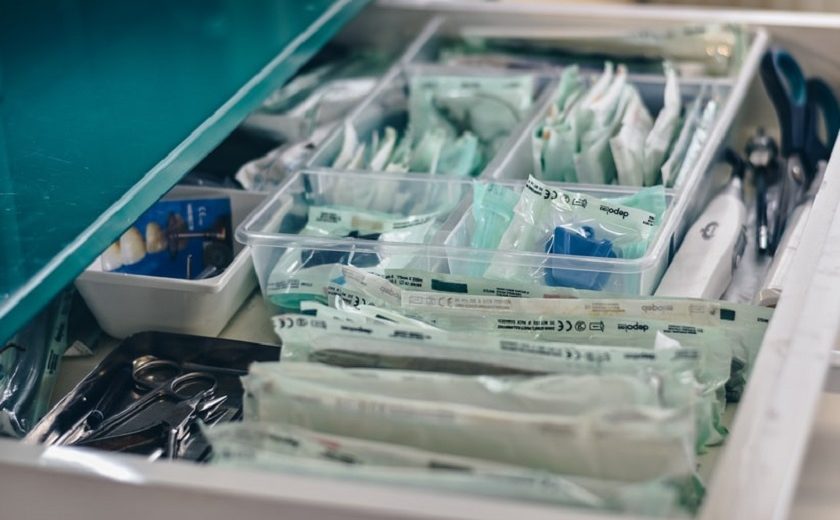In the issue regarding dialysis and kidney transplant, conflict often arises as to which is better for the patient and the complicated procedure/ reasons between choosing either one.
Kidney transplantation is considered the treatment of choice for many people with severe chronic kidney disease because the quality of life and survival (life expectancy) is often better than in people who are treated with dialysis. However, there is a shortage of organs available and complications in the procedure.
1. When will dialysis or kidney transplantation be needed?
a) Patient with glomerular filtration rate (GFR) < 15 ml/min/1.73m2 and one or more of the following: symptoms/signs of uremia (lethargy, poor appetite, nausea, frequent vomiting), fluid overload, poorly controlled blood pressure or malnourishment
b) Patient with a GFR < 10 ml/min/1.73m2 without the above signs/symptoms
2. What are the advantages and disadvantages of dialysis?
Advantages:
a) dialysis slot is widely available in Malaysia
b) No risk of organ rejection
c) lower risk of opportunistic infection
d) no added risk of malignancy
e) no need to take long term immunosuppressive agents
Disadvantages:
a) risk of dialysis access malfunctioned
b) risk of dialysis access infection
c) risk of contracting a blood-borne infection (hemodialysis)
d) inability to travel freely
3. What are the benefits of kidney transplants and how does it outweigh the side effects?
a) better quality of life
b) better life expectancy
c) no risk of dialysis access malfunctioned or infection
d) can travel freely
4. What are the elaborate process and procedures involved in receiving a kidney transplant?
a) pre-transplant counseling with an emphasis on the following:
-
- The potential risk of graft rejection and graft loss
- Risks of recurrent diseases:
- Certain diseases (e.g. IgA Nephropathy) can recur in the transplanted kidney and may lead to graft failure
- Risk of long term immunosuppressive therapy:
- Higher risk of infection and malignancy
- Financial and Medical commitment:
- requires both a substantial lifelong financial and medical commitment
b) thorough history taking and physical examination
c) blood grouping and immunological matching with potential donors
d) hematological, infection and malignancy screening
e) thorough heart, lung, bowel, urinary tract, pelvic blood vessel, and dental assessment
5. What are the reasons that not everyone can receive a kidney transplant?
The main reason is the organ shortage. However, there are patients who are not suitable for a kidney transplant due to the following reasons:
a) poor compliance to medications and follow up
b) psychiatric disorder
c) life expectancy < 5 years
d) active substance abuse or dependence
e) Chronic active infection
f) malignancy
6. Why does kidney transplant not last forever and when does the patient need to replace it again?
The function of kidney graft will deteriorate over time due to recurrent/chronic rejection, infection, drug toxicity, or inflammation (glomerulonephritis).
The patient needs to undergo a second kidney transplant when GFR deteriorates (as stated in Question 1).
7. How to identify which therapy is the best in ensuring the patient’s quality of life?
Patients and physicians will need to work together to find a treatment that is right for the patient. The physician will explain options that are available and how they might work better for a particular patient. Then patient and physician should make a shared decision based on organ availability, patient’s health/psychological status, socio-economic status, and wish.
Kidney transplantation is usually the best option for most people. However, most patients have no access to kidney transplantation due to organ shortage. Furthermore, some patients are not suitable for kidney transplantation.
 Article by:
Article by:
Dr. Kong Wai Yew
Sri Kota Specialist Medical Centre
Nephrologist Consultant


